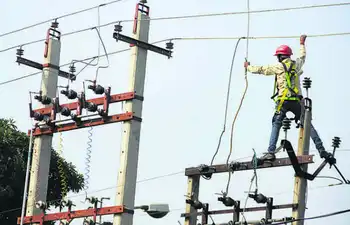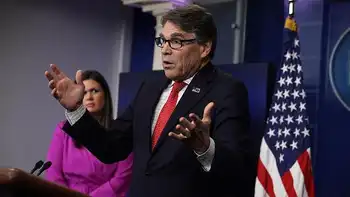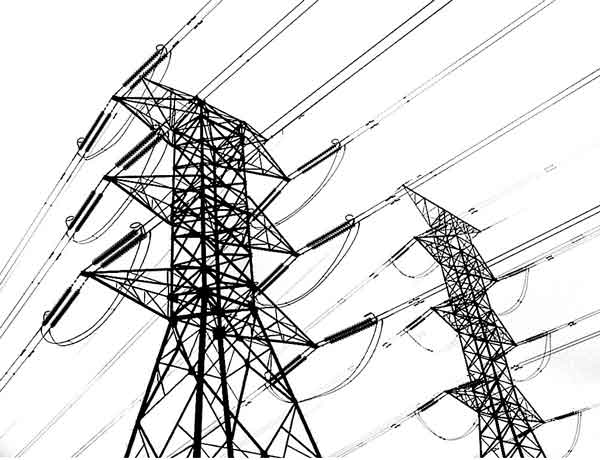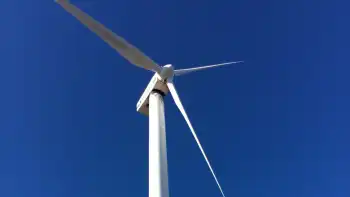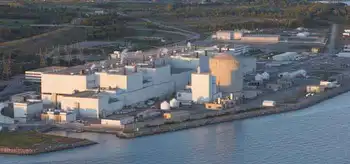Make turbines, not cars
By Delaware Daily Times
Substation Relay Protection Training
Our customized live online or in‑person group training can be delivered to your staff at your location.

- Live Online
- 12 hours Instructor-led
- Group Training Available
With a growing number of states along the Eastern Seaboard turning to wind power for a portion of their electricity needs, the demand for the parts that make up wind turbines — the tower, gearbox and blades — is rising much faster than supply.
That is doubly true for the huge turbine structures needed for offshore wind farms such as the one Bluewater Wind plans to build off Rehoboth Beach, or farms developers want to erect in ocean waters off New Jersey, Rhode Island and Massachusetts.
The parts for offshore wind turbines right now would need to be imported from Europe, because there are no U.S. production facilities making the equipment. The leading manufacturers are Vestas in Denmark and Siemens in Germany.
Delaware officials say that creates a market opportunity — for a U.S. firm to enter to challenge the foreign manufacturers, or even for a local plant operated by a foreign firm.
"You've got to think there's an opportunity here," said Philip Cherry, a state Department of Natural Resources and Environmental Control policy manager. "We'd be fools not to grasp at this, and let the Europeans get all this economic activity."
Some onshore work would be generated by Delaware's own plans.
When Bluewater Wind won its contract with Delmarva Power enabling the upstart to build a wind farm off the coast of Rehoboth Beach, it promised it would put a regional assembly hub in Delaware where the parts of a wind turbine would be put together.
But Jim Lanard, a Bluewater Wind spokesman, said that is just the tip of an iceberg of business that is likely to develop in the coming decade.
As of the end of next year, the number of East Coast wind farms under development should be 11, he said, with $15 billion worth of assets to be installed as part of those projects.
He urges governments to take the lead in trying to attract foreign turbine manufacturers to set up shop in the United States. "It goes right into keeping the U.S. energy dollars in the U.S.," Lanard said.
Brian Yerger, a renewable-energy analyst in Wilmington, said the impact of a manufacturing facility for offshore wind turbine components would be considerable.
"You're talking hundreds of jobs for a long time, a lot of ancillary businesses," he said.
Manufacturing of turbines and parts for onshore wind farms is gradually shifting to domestic factories, mainly for ease of transportation and to avoid an unpredictable exchange rate for the euro, said Jodie Jodziewicz, American Wind Energy Association manager of sting policy. About half the components in a domestic onshore wind farm are now made in the U.S., up from 30 percent in 2005, according to the association.
Still, demand far outstrips supply, and there is a two-year backlog for onshore wind turbines.
Gov.-elect Jack Markell said the idea of attracting wind power manufacturers fits into his economic development plans. "It would be a big opportunity in the sense that Delaware would be on the ground floor, so I look forward to pursuing it," he said.
Willett Kempton, an associate professor at the University of Delaware, said current state businesses also have an opportunity.





